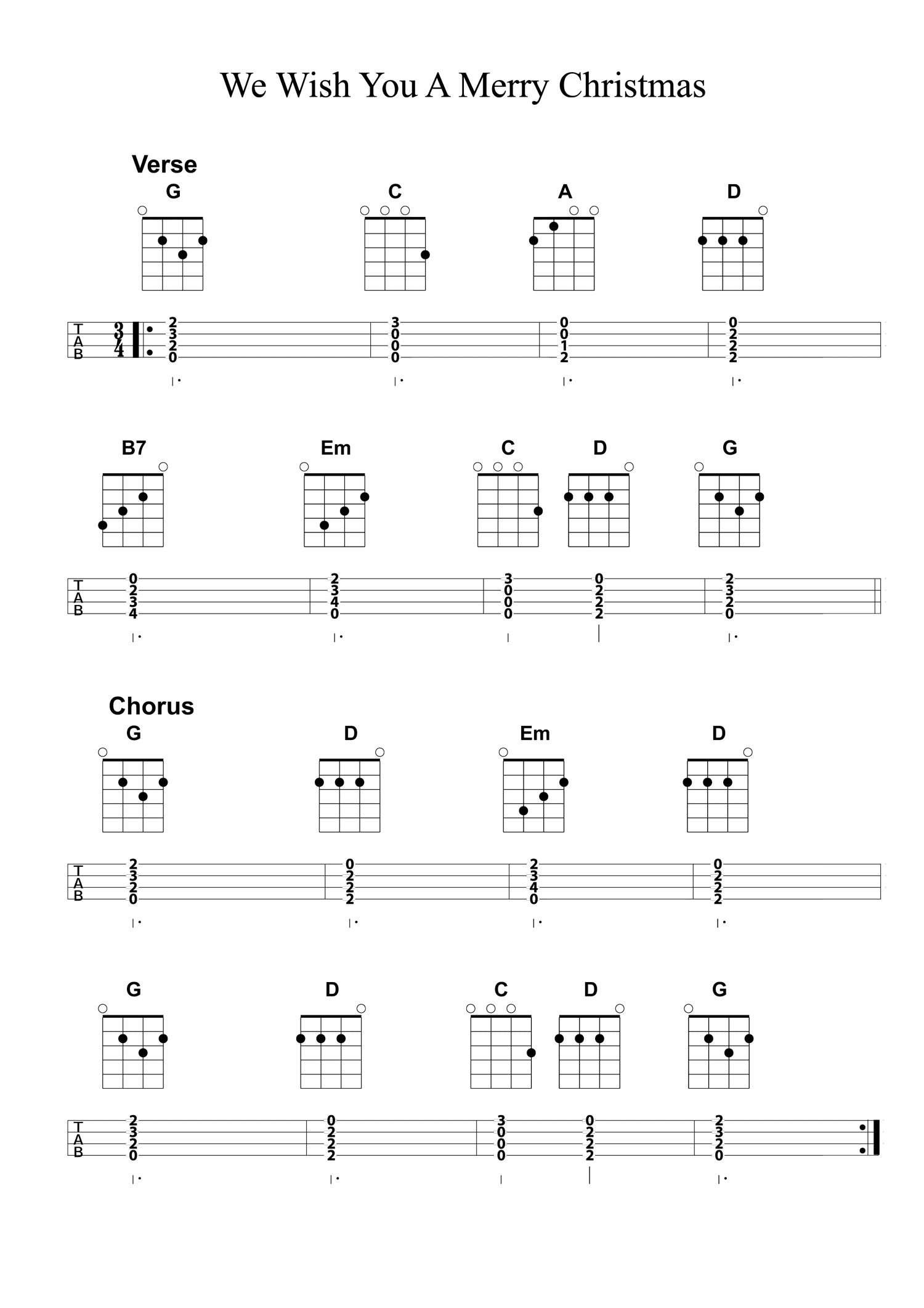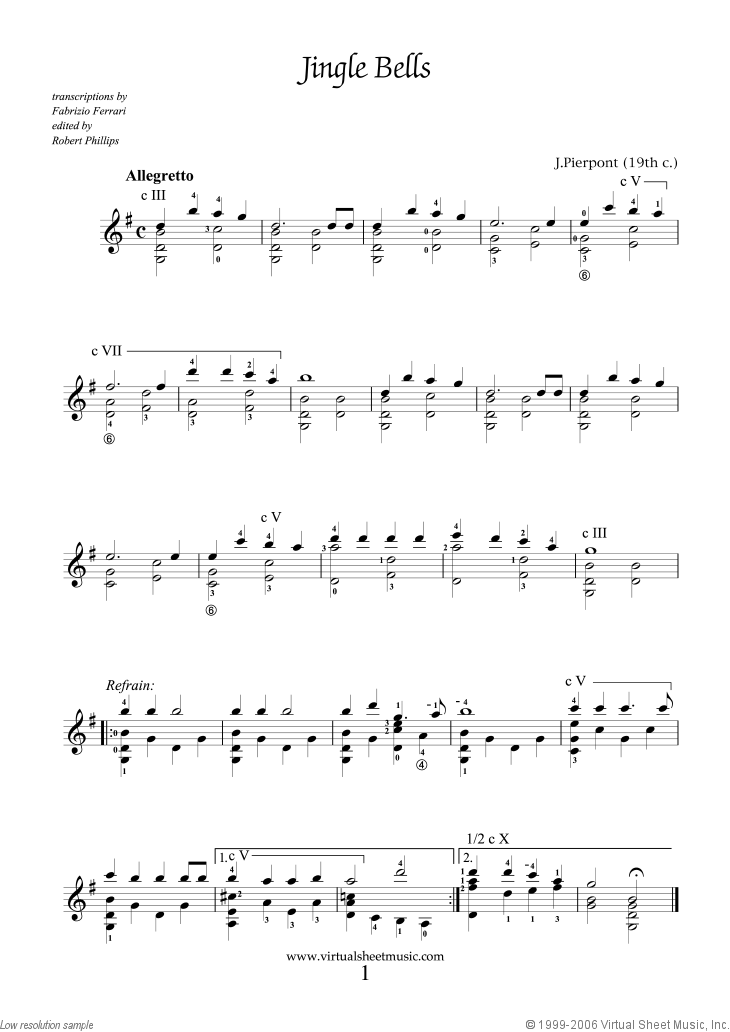

"Djetešce nam se rodilo" ("A child was born unto us") "Veselje ti navješćujem" ("Joy I preach you") "Tri kralja jahahu" ("Three kings were riding") "Svim na Zemlji, mir, veselje" ("All on Earth, peace, joy") "U to vrijeme godišta" ("At that time of the year") 拜謁聖嬰 Bàiyè Shèngyīng (Worship the Holy Infant)

The version in the Chinese New Hymnal is revised from the Chinese Hymnary (頌主聖歌). 歡樂佳音歌 Huānlè Jiāyīn Gē (Shout the Glad Tidings) 聖誕感恩歌 Shèngdàn Gǎn'ēn Gē (Jesus Our Saviour, Word Incarnate) 聖夜靜歌 Shèngyè Jìng Gē (Crystal Night, Stilly Night) 明星燦爛歌 Míngxīng Cànlàn Gē (Midnight, Sleeping Bethlehem) Also called "一輪明月歌" Yīlún Míngyuè Gē by its first line in the Chinese New Hymnal. Title from the Hymns of Universal Praise. 聖誕歌 Shèngdàn Gē (The Moon and Stars of Christmas Eve)īliss Wiant (Chinese name: 范天祥 Fàn Tiānxiáng) / 田景福 (Tián Jǐngfú) The English titles are taken from the Hymns of Universal Praise and the Chinese New Hymnal. Traditional Pablo Casals arranged the song for cello The word "fum" may imitate the sound of a drum (or perhaps the strumming of a guitar). " Fum, Fum, Fum" ("El vint-i-cinc de desembre")

Also known as "Twas in the Moon of Wintertime" after English translation (1926) by Jesse Edgar Middleton. " We Three Kings of Orient Are" ("Three Kings of Orient") Not to be confused with the English carol titled "Star of the East" or "Brightest and Best" Written by Alfred Hans Zoller, translation by George Cooper in 1890, music by Amanda Kennedy in 1883 "The Ploughboy's Dream")Īlso known as "Rise Up Shepherd and Follow" Redner, music (UK): traditional tune: "Forest Green" (a.k.a. Originally titled "One Horse Open Sleigh" and written for a school Thanksgiving pageant. Music (UK): "Noel", melody arranged and adapted by Arthur Sullivan Music (US): "cCarol" Richard Storrs Willis Several settings of music have been popular:īased on a fragment collected by Niles in Murphy, North Carolina in 1933. Murray (1887) The most popular UK version is by another American, William J. Other Christmas music focus on more secular Christmas themes, such as Winter Carols and Novelty Christmas songs often refer to winter scenes, family gatherings, and Santa Claus (" Jingle Bells", " O Christmas Tree", " Home for the Holidays", " Jolly Old Saint Nicholas", " Frosty the Snowman", " The Chipmunk Song (Christmas Don't Be Late)", etc.).įirst two stanzas unknown, often erroneously attributed to Martin Luther third stanza written by John McFarland (1904) Nonetheless, some other categories of Christmas music, both religious and secular have become associated with the Christmas season even though the lyrics may not specifically refer to Christmas – for example, " Deck the Halls" (no religious references) and " O Come, O Come, Emmanuel" (an Advent chant). Examples of this are " We Three Kings" (an Epiphany song), and " Good King Wenceslas" (a carol for St. As a result, many Christmas Carols can be related to St Stephen's Day (26 December), St John's Day (27 December), Feast of Holy Innocents (28 December), St Sylvester's Day (31 December), and the Epiphany. Many traditional Christmas carols focus on the Christian celebration of the birth of Jesus, while others celebrate the Twelve Days of Christmas that range from 25 December to 5 January or Christmastide which ranges from 24 December to 5 November. The demarcation of what constitutes a Christmas Carol to that of Christmas Popular Song can often be blurred but Christmas carols are viewed to be religious in nature, while Christmas songs are considered to be secular.

Originally, a " Christmas carol" referred to a piece of vocal music in carol form whose lyrics centre on the theme of Christmas or the Christmas season. This list of Christmas carols is organized by country, language or culture of origin.


 0 kommentar(er)
0 kommentar(er)
